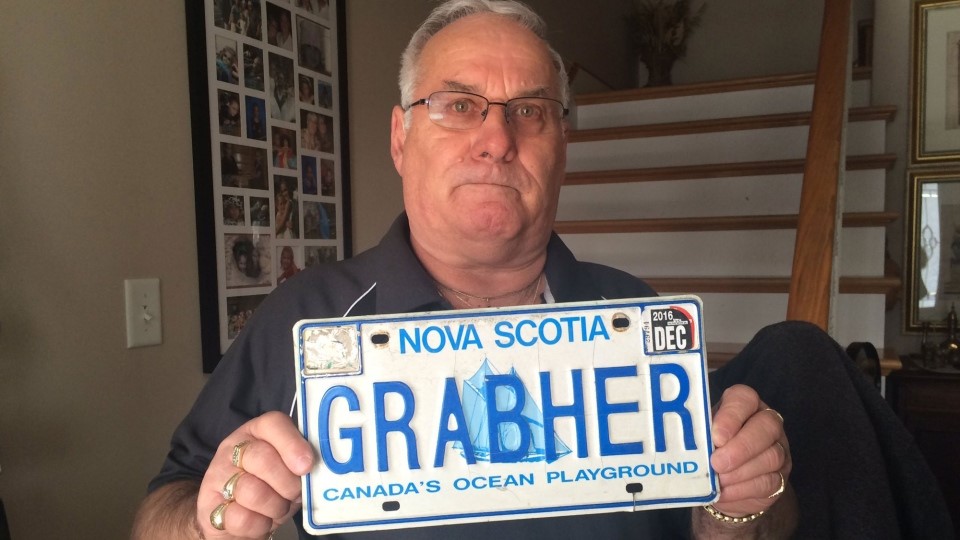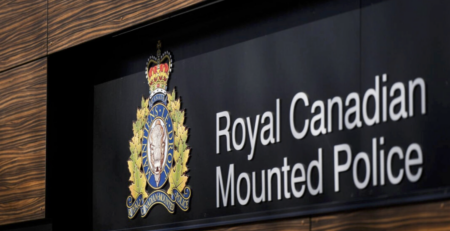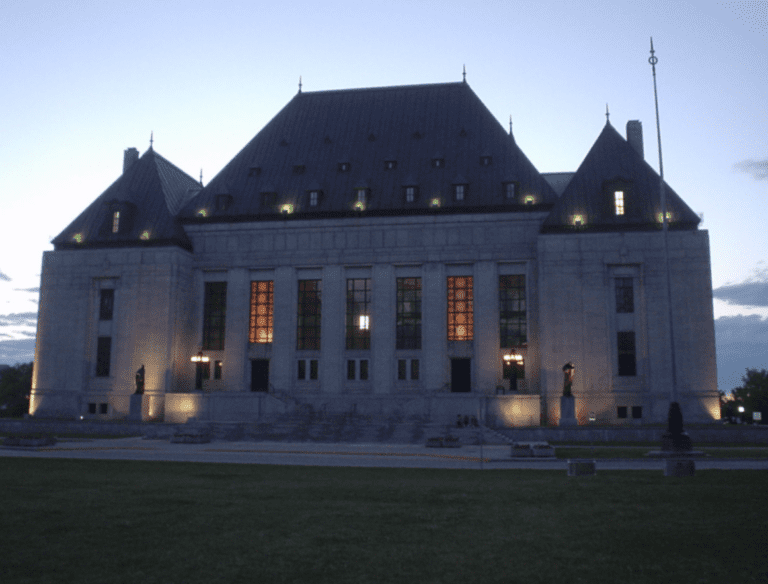CALGARY: The Justice Centre announced on August 21, 2020 that the case of Lorne Grabher and the Nova Scotia government’s censorship of his family name on a personalized licence plate has been set for a full day appeal hearing on January 19, 2021.
Mr. Grabher displayed his plate, which is an expression of family history and pride, on successive vehicles for 27 years without incident. It was originally a gift for his late Father. The Registrar of Motor Vehicles issued the plate each year until a lone anonymous complaint was received. The Registrar refused to release the complaint or detail its substance. Shortly after the complaint, the Registrar cancelled Mr. Grabher’s plate in a letter dated January 9, 2016, stating that Mr. Grabher’s surname on the plate could be “misinterpreted as a socially unacceptable slogan”.
The Registrar did not say what this supposed “slogan” was. Mr. Grabher sued the Registrar for the return of the plate, stating that the government’s censorship of his surname violated his Charter rights to freedom of expression and his equality rights as a Canadian of Austrian/German descent. He also challenged the constitutionality of the authorizing regulation.
When the case first went to court, evidence was presented regarding the history of personalized plates in Nova Scotia. The province began the Personalized Plate Program specifically so that citizens could express themselves on vehicle licence plates. The first plate issued was in fact a name: ARLENE. Since then, however, the Registrar has arbitrarily and confusingly compiled an extensive list of “banned words” that are not allowed on personalized plates. This list includes harmless words such as “SAFE”, “INFUSE”, “GOLD”, “NONE”, “FENCE”, “ODD”, “RTRRACE”, “ABBOT”, “DRDAVE”, and “SAMPLE”. A witness for the government testified that the Registrar of Motor Vehicles is empowered to ban any word she wants and that there is no oversight of her determination to do so.
Mr. Grabher also referred the lower court to government place names which could be considered controversial but which nevertheless appear on maps and signs across Canada, including the following: “Swastika, ON”, “Dildo, NFLD”, “Blow Me Down Provincial Park, NFLD”, “Red Indian Lake, NFLD”, and “Crotch Lake, ON”. The City of Halifax ran water ads around the same time as the revocation of Mr. Grabher’s plate encouraging the City to be “Proud of your dingle”, as well as an ad which displayed the words “Powerful Sh*t”. There is no contention that any of this government expression is illegal.
In dismissing Mr. Grabher’s court case, Justice Darlene Jamieson ruled on January 31, 2020, that expression on personalized plates is not protected by the Canadian Charter of Rights and Freedoms, and that the plate could be interpreted as promoting sexualized violence. However, Dr. Debra Soh, an expert witness for Mr. Grabher, testified that people do not commit sexualized crimes because of what they see on vehicle licence plates, and stated that the government of Nova Scotia was “overreaching”. The lower court did not explain why it did not accept Dr. Soh’s evidence or engage in any analysis of it.
The government also had an expert witness testify. Professor Carrie Rentschler, a McGill University professor of “feminist media studies” who specializes in things like “the construction of new political subjectivities,” “emergent forms of social collectivity,” and “the shape and practice of contemporary feminisms in social media networks and hashtag publics”, stated that Mr. Grabher’s plate creates an elevated risk of rape; and that Mr. Grabher’s surname is a statement in support of physical violence against women. Dr. Rentschler testified that Mr. Grabher’s plate is a “speech act” which is an actual sexual assault. In a preliminary report, Dr. Rentschler stated that Mr. Grabher’s licence plate was hate speech, and during cross examination at trial, she testified that the neighborhood would be more safe if Mr. Grabher put his car in the garage at night than if he left it on the driveway with the plate showing. The first version of Dr. Rentschler’s report was struck after a preliminary motion from Mr. Grabher.
There was absolutely no evidence before the lower court that anyone had ever committed, or would ever commit, a sexual assault because they saw Mr. Grabher’s name on his licence plate.
Mr. Grabher is continuing the fight to defend his family name. The plate is an expression of the Grabhers’ family pride over three generations, reflecting their German-Austrian roots and heritage. Mr. Grabher’s family immigrated to Canada from Europe in 1906. His father served in the Canadian Armed Forces, and was stationed in Cape Breton, Nova Scotia. The family’s history, including their name and the heritage it signifies, is important to the Grabher family.
“Arbitrary and capricious censorship is a threat to the expressive rights of Canadians,” states Jay Cameron, Litigation Director and counsel for Lorne Grabher. “Mr. Grabher should be able to proudly display his last name without a court ruling it is offensive. We look forward to the next stage of these proceedings.”









